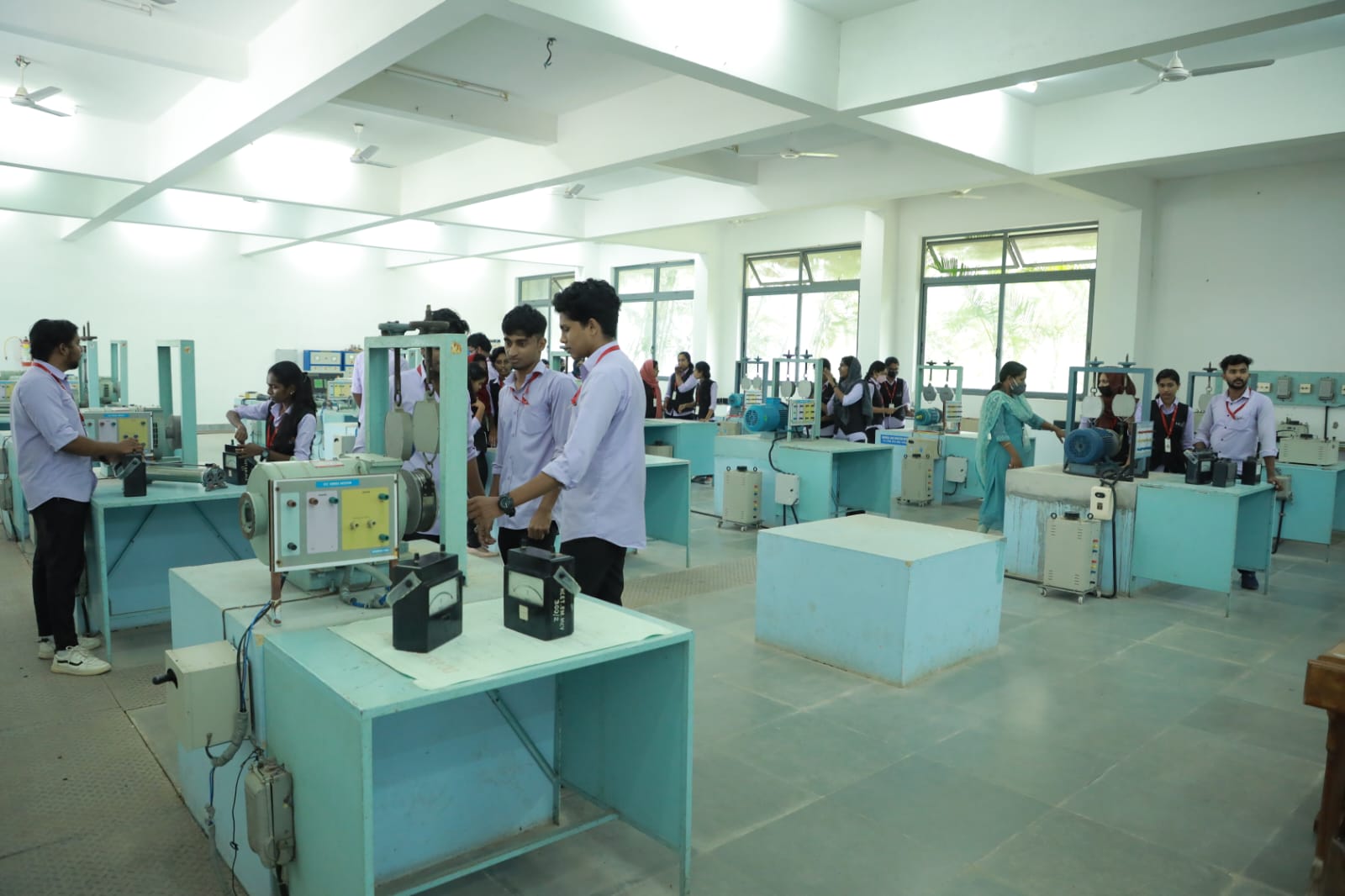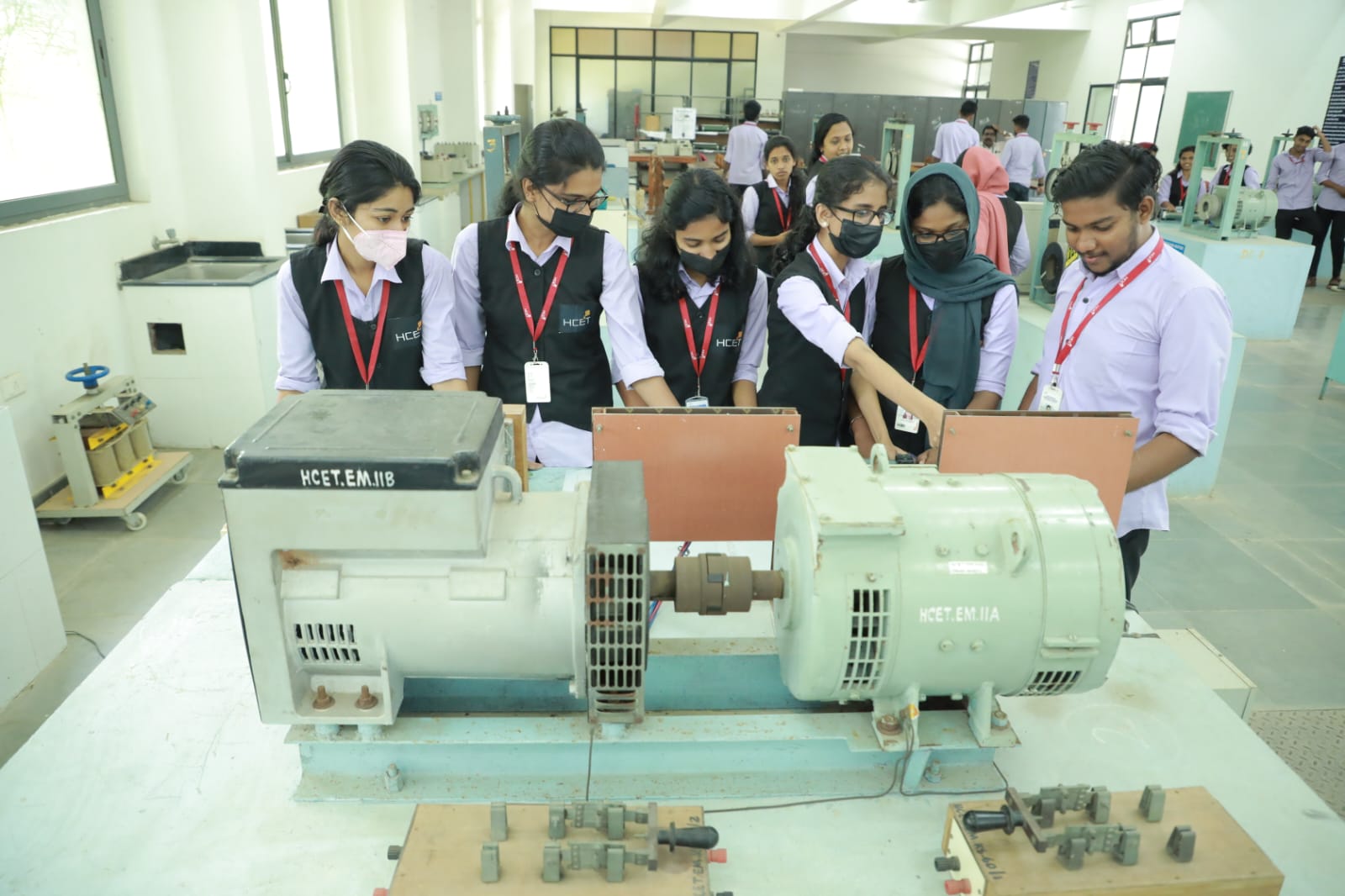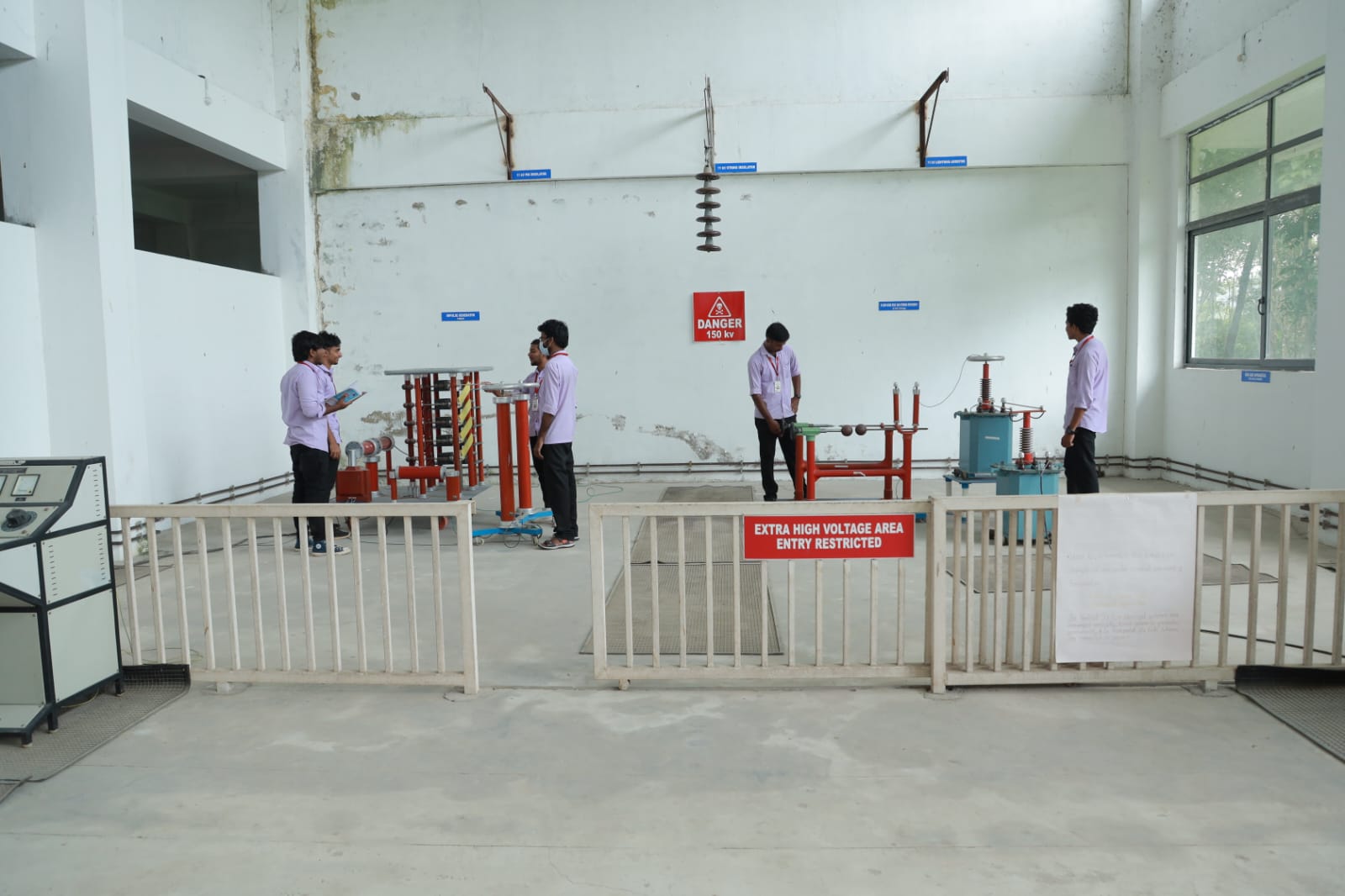Electrical & Electronics Engineering
Why Study Here?
Through continuous improvement in teaching, the department strives to maintain a high standard of teaching quality. Through research projects and industry-institute collaboration, faculty members recognize society's changing needs. Excellent laboratories have been set up to provide students with hands-on experience. These supplements the theoretical knowledge gained in the lecture halls. This stream includes the Electrical Machine Lab, Measurement & Instrumentation Lab, Electronic Circuits Lab, Systems & Control Lab, Power Electronics Lab, Digital Electronics Lab, Power System Simulation Lab, Microprocessor & Software Lab, and Electrical Workshop.
Highlighting Experiences
“It is a simple feat of scientific electrical engineering - only expensive-blind, faint-hearted, doubting world”.
The department is committed to preparing competent electrical engineers for the real world. They are equipped with fundamental technical knowledge as well as the professional skills required to face future challenges.





